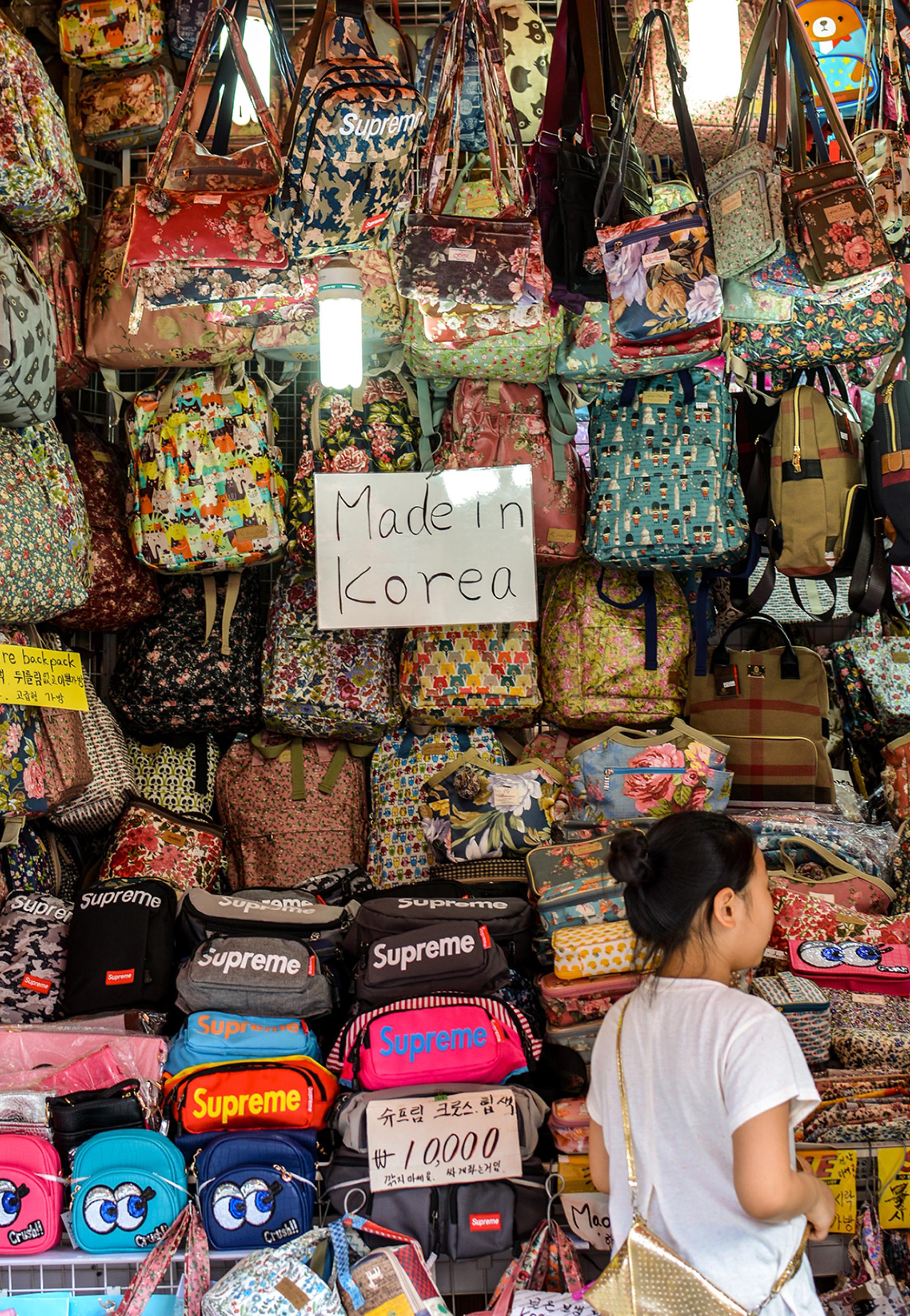The ANU Korea Institute serves as one of the leading centres for research, education, and exchange concerning Korea in Australasia, and indeed in the world. It boasts a rich tradition of fostering cutting-edge study and analysis of the culture, history, and current conditions of the Korean Peninsula. Led by its group of core academic staff, the Institute sponsors numerous public events and student activities.
The Korea Institute at The Australian National University was established in 2008 to foster a closer relationship between Australia and Korea through education, research, and exchange, while promoting Korea's engagement with the Asia-Pacific region.
The ANU Korea Institute seeks to extend and enhance the teaching of Korean language and Korean studies at ANU in order to strengthen the ties between Korea and Australia, and to further the field of Korean Studies globally.
Since it was established, the Institute has bolstered existing strengths in the humanities, enhanced research in the social sciences, fostered its expanding Korean language curricular offerings, and promoted active engagement in public affairs.
The Korea Institute runs public events throughout the year, including the annual Korea Update, a visiting speakers series, cultural activities such as film showings, and others.
The Korea Institute’s Director is Prof. Kyung Moon Hwang, and Associate Director is Prof. Roald Maliangkay. It is advised by an academic board of ANU scholars as well as an Advisory Council of non-ANU dignitaries.

In 1979, Yang Hi Choe-Wall, a Korean literature and translation scholar, began teaching Korean to ANU students and diplomats in the China Centre of the Faculty of Asian Studies. During the first four years, the Korean government assisted by sending a lecturer annually.
In 1984, she took on the position of Korean language convener, and continued to teach Korean language with the assistance of Gi-Hyun Shin and Hyung-A Kim. Like many of her successors, she secured support for the Korean program through external grants, mostly from the Korean government.
In 1994, the ANU Centre for Korean Studies was established in order to bring together faculty from many different academic units within the University and ensure the cohesion of the Korean program.
In 1995, linguist Gi-hyun Shin (now UNSW) was hired on the basis of a major grant from the Korea Foundation. He was joined by North Korea specialist Andrei Lankov (now at Kookmin University) in 1996.
In 2001, with the assistance of a Korea Foundation capital endowment grant, ANU created an endowed Chair position in Korean Studies, which was filled by historian Kenneth Wells (now retired) from 2003 to 2010. Prof. Wells not only established the Centre for Korean Studies at ANU, but he also played a key role in the foundation of the Korean Studies Association of Australasia.
In 2006 and 2007 respectively, cultural studies specialist Roald Maliangkay and literary historian Ruth Barraclough filled the vacancies created by the eventual departure of Shin and Lankov.
In 2008, the ANU Korea Institute was established. It was the result of a joint effort by ANU and South Korean steel company POSCO, which, together with Rio Tinto and BHP Billiton, Australia, provided a Korea Institute Endowment Fund (KIEF). The establishment of the Institute was a major turning point in the ANU Korea program, bolstering the existing strengths in humanities, enhancing research in the social sciences, and promoting a more active engagement in public affairs.
Its inaugural Director was Emeritus Professor James Fox. The establishment also saw the creation of one full-time faculty position, which was filled by political historian Hyung-A Kim, who had played a key role in the Institute’s establishment.
In addition, the KIEF created one two-year postdoc position, along with several academic events such as an annual Distinguished Lecture Series and annual Australia-Korea Leadership Forum. The inaugural Forum was held in Canberra in October 2008, and then in Seoul in 2009. It demonstrated the Institute’s vision to become the premier institute in Australia for the study of Korea, on a par with leading institutes globally.
In 2009, ANU received a generous donation from Mme Sochon Young Hi Park, founder of the Sochon Foundation in Seoul, for the establishment of student scholarships.
From 2010 to 2018, historian Hyaeweol Choi (now at the University of Iowa) served as the ANU Chair of Korean Studies, and the Korea Institute’s Director. Later, in turn, Roald Maliangkay became Institute director in 2017, Ruth Barraclough in 2020, and Kyung Moon Hwang in 2023. Prof. Hwang arrived at ANU in 2021 to take the position as the Korean Foundation professor.
In 2018, in response to the ever-increasing number of enrolments in Korea-related subjects, Korean programs at ANU have come to attract hundreds of students each year — the School of Culture, History, and Language (CHL) launched majors in both Korean language and Korean studies.
